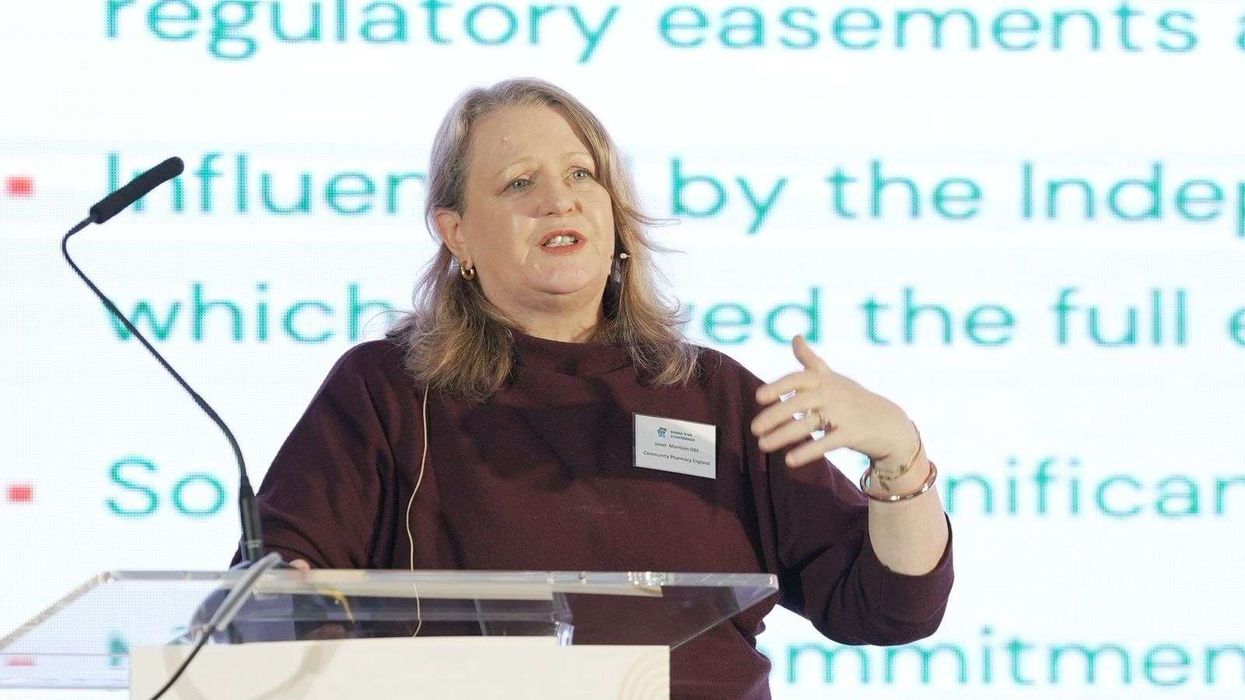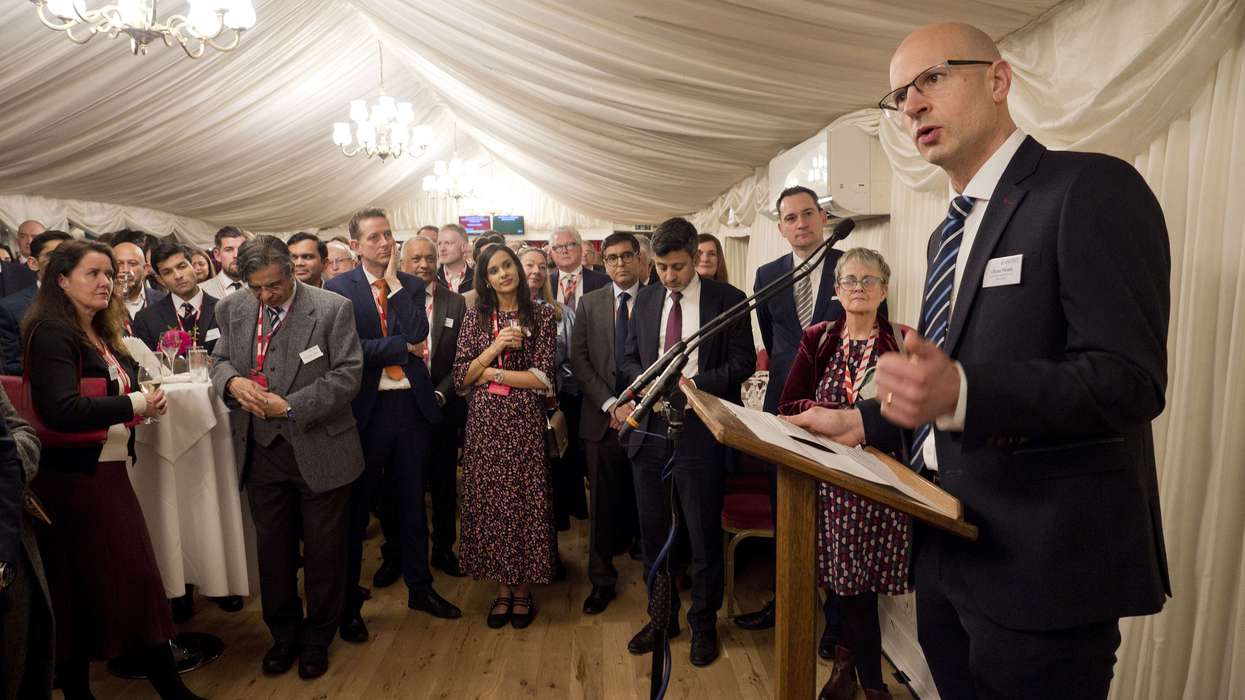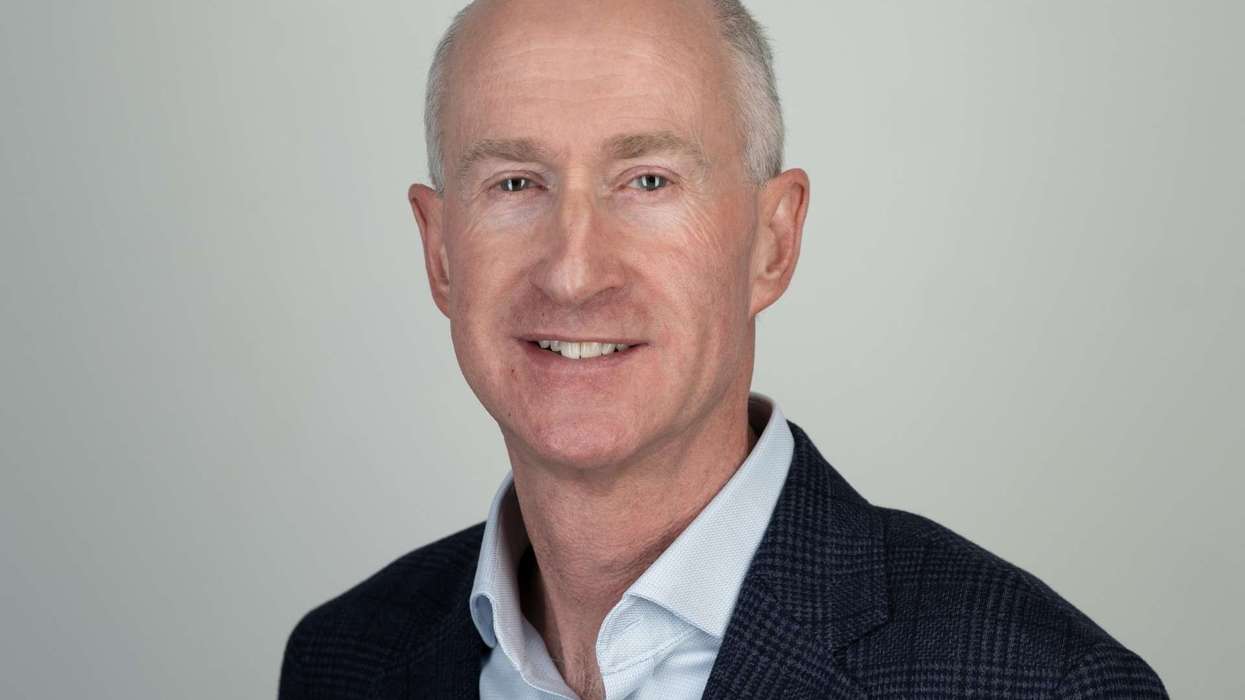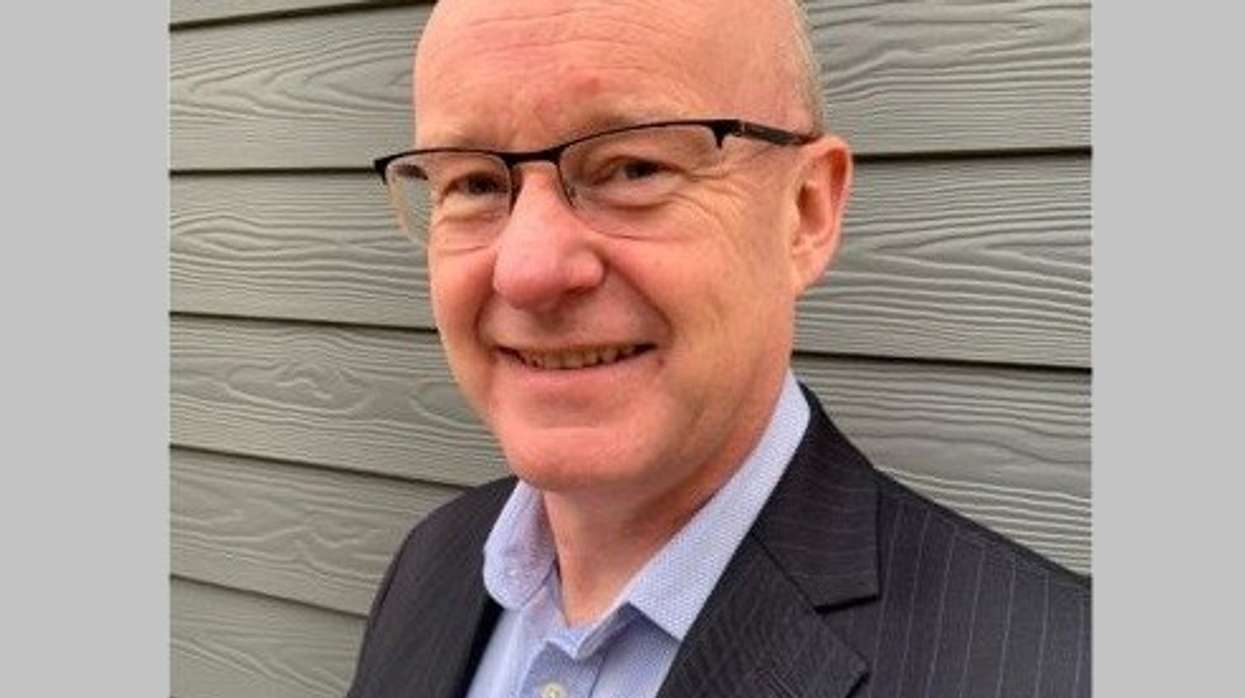Community Pharmacy England chief executive Janet Morrison has said though there was a "significant uplift" in funding, the community pharmacy continues to face funding gaps.
During her address at the Sigma's UK Conference in London, she said that having built relationships with the Labour government when they were the shadow team had an impact.
"When we first met with Stephen Kinnock in September last year, he said, I'm going into banks for community pharmacy, and he definitely did that."
It resulted in a big increase since 2023-24, including those uplifts to each year, and a write-off of £193 million for margin, she said.
Morrison said the deal was influenced by the fact that they had asked for an independent economic review as part of our previous negotiations.
She said they worked hard to ensure the methodology showed the true costs of operating NHS services.
It showed a huge gap "between where we are now and where we need to be in terms of the real cost of what we deliver."
These findings were helpful during the subsequent negotiations, she added.
"So, there is still a very significant funding gap for the sector, and we had to really make a difficult decision about whether to accept that offer that was on the table because of that gap.
"But there were some reassurances. The minister said this was a first step towards sustainability, and promised to work with us on a sustainable funding and operating model."
However, she lamented that this significant increase was offset by the increases in the national minimum wage, National Insurance obligation for employers, and other inflationary pressures.
She said during the talks with the government, they managed to make them aware of the potential services pharmacies can offer, to meet their political objectives and ease pressure on the NHS.
Morrison also listed the CPE's commissioning of the King's Fund and the Nuffield Trust and their report as a major success.
"There was a lot of alignment between ourselves and the government and health policy makers as to the potential agenda, the possibilities, the opportunities for clinical services."
She observed that for the first time, community pharmacy was there in the manifestos of all major parties.
Morrison said the CPE started a project to measure the economic and social value of community pharmacy and the clinical services.
The findings showed that "for every pound that's spent on community pharmacy, if we're properly funded, at least £13 goes back to the exchequer in terms of value delivered."
At the same time, an analysis of the top 20 community pharmacy companies showed that 10 of them were reporting pre-tax losses of over £89 million, she added.
Morrison said they showed the government these figures and the closure of independent pharmacies.
They also showed the government and policy makers the potential the pharmacy sector can offer, "but only if we stay open and we are viable, otherwise degradation of services, collapse and closure."
Morrison said talking to the Department of Health, NHS England and ICPs is chaotic.
"There is a lot of conflict. There is quite a difficult cultural fit going on between the Department of Health and NHS England."
She said this makes it harder to do business with them at the moment, and hoped that would improve.












